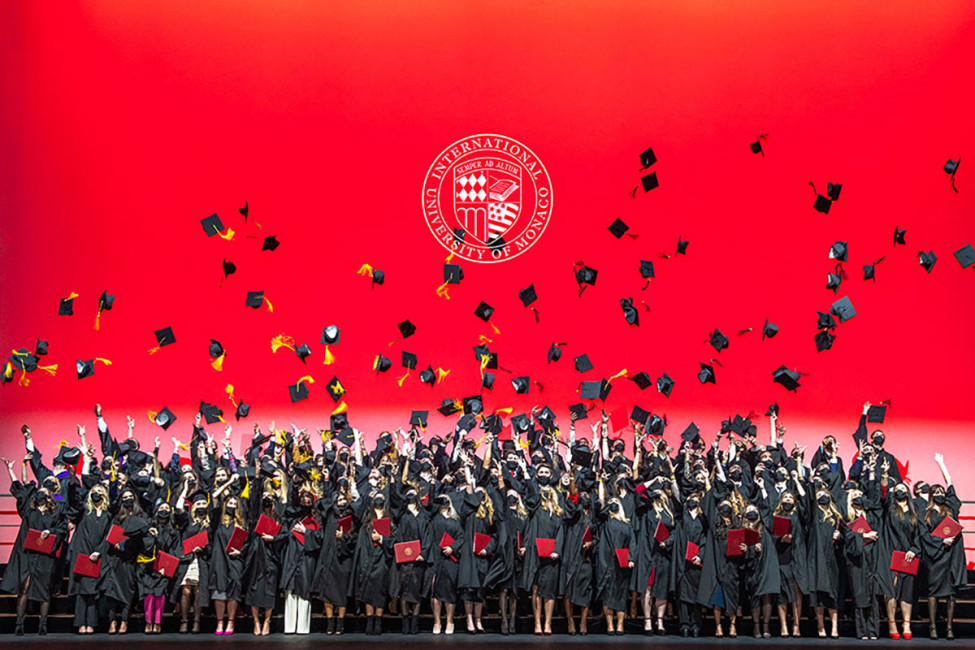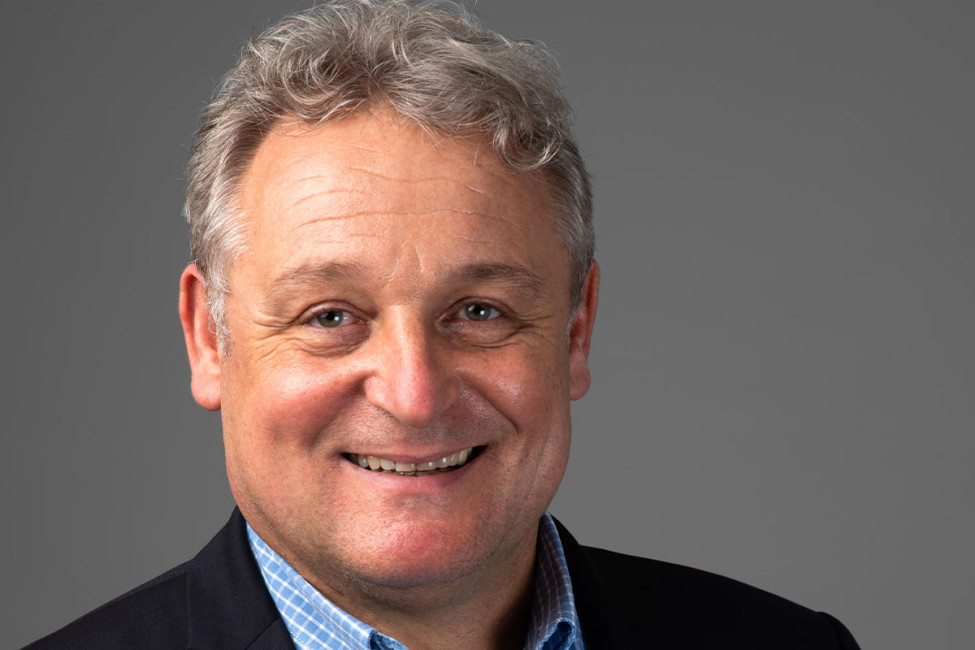IUM : "A Graduate Certificate Is Not and End, But a Starting Point"
Today's technological revolution is having an impact on higher education and overturning teaching practices. "An institution can no longer offer initial training without offering continued education", says Jean-Philippe Muller, Director of the International University of Monaco.
The job market is changing and new professions are emerging. How do you adapt your training programmes to reflect the realities of the job market?
Once a year, I meet with a number of HR directors to discuss the major changes in the market and identify the implications for our training courses. We also bring together a council of experts, especially our teachers, to update our programmes. For us the challenge is to keep pace with these changes.
The impact of artificial intelligence and robotics is enormous. Today, it is estimated that 80% of a project can be replaced by AI... It is crucial to identify the remaining 20%, which is beyond the reach of AI but which comes under the heading of analytical skills. These are tacit skills, irreplaceable human qualities that are essential: empathy, resilience and adaptability. For example, a shopping centre that was having difficulty recruiting sales staff trialled cashiers for this role. They turned out to be highly effective salespeople!
How are you helping to support these changes?
Today, a school can no longer offer initial training without offering continuing education. It's a change in culture: a graduate certificate is not the end but the starting point. We already offer our graduates regular refresher courses and online certificates on the latest developments that emerge after their qualification, such as blockchain and AI. In addition to professional certifications for the banking sector, we also want to offer professionals 12-15 hour modules or short certificates. Companies can no longer afford to let an employee do an MBA for a year. The idea is to add up the skills acquired, like a badge system.
Another consequence of these changes is that it is now risky to create a new 5-year course. Things are moving so fast... No sooner they open, dozens of influencer schools close down in China... We wanted to create a compliance officer degree, but we're going to wait.
The world is on the move and higher education is facing an unprecedented challenge due to constant technological progress leading to a destructive production process.
You receive hundreds of students every year. 4,000 students have graduated since the school was founded in 1986, and you have 300 graduates every year. Have the aspirations of these young people changed in relation to the job market?
Many students are interested in entrepreneurship. We're a long way from the days when business school students wanted to be product managers or auditors! Today, they want to be start-up entrepreneurs. In fact, 15-20% of IUM graduates have set up their own business. Our graduates often have a desire to change, they don't stand still and they are motivated by innovative projects. In the Sports Management programme, the Electric Grand Prix is very popular.
Do they talk to you more about ecology and the quest for meaning? Have you carried out surveys/statistics on their motivations?
Every student takes part in a project that has a positive impact, either humanitarian or for climate protection. The message is that you can't succeed in life if you don't have a positive impact. The IUM also organises annual challenges with schools around the world. The students come up with business concepts that make sense. One student's project stood out for me: it was to create a designer orthopaedic prosthesis, stylish and worn like a fashion accessory. This is a good illustration of a social and inclusive business.
What are their criteria for joining a company? According to HR managers, teleworking is a new way of attracting and retaining generation Z talent.
Above all, young people want freedom within a company, quality of life and flexibility. Two traditional criteria have fallen by the wayside: career prospects and pay. At least for young people coming out of school, after that it changes... They want autonomy, to have responsibilities straight away, even on a small project.
This is a challenge for HR. Different generations coexist in a company. The problem is that these worlds don't have the same management codes, haven't worked with the same digital tools, and don't even share the same social networks (Facebook for the older generation, TikTok for the younger)... That's why over and above educational content, the school has to teach them about social interaction, working on collective projects, and living together.
How many IUM alumni now work in Monaco?
50% of our students do an internship in Monaco. 540 alumni work here, mainly in finance and yachting. 32 alumni have set up 41 companies in the Principality. The IUM offers courses that reflect the internationally recognised expertise in Monaco, such as private banking and sports business management. It makes sense and that's why we have students of over 70 nationalities.


Jean-Philippe Muller, General Director of IUM


